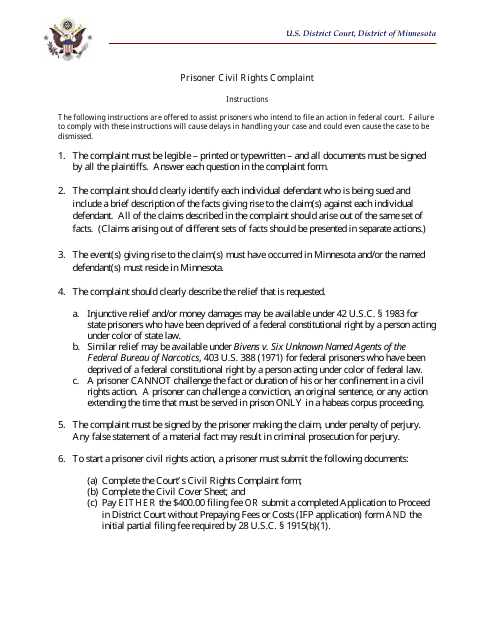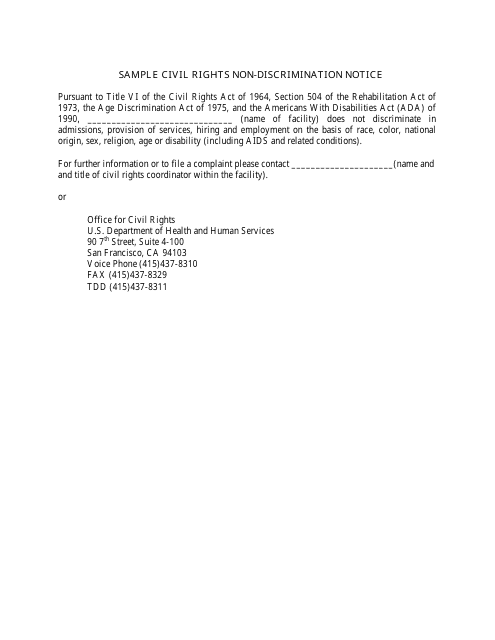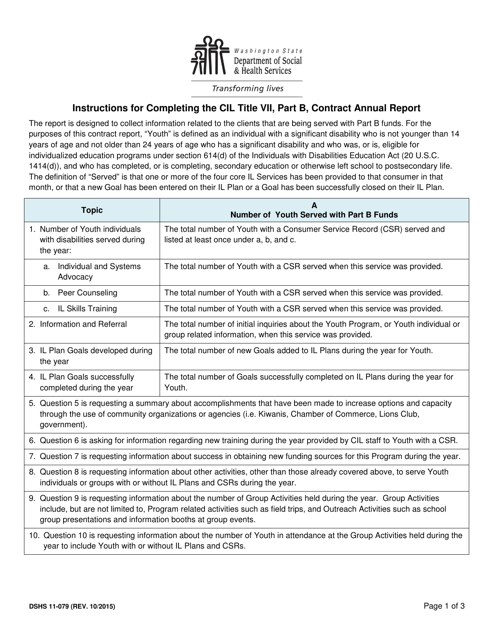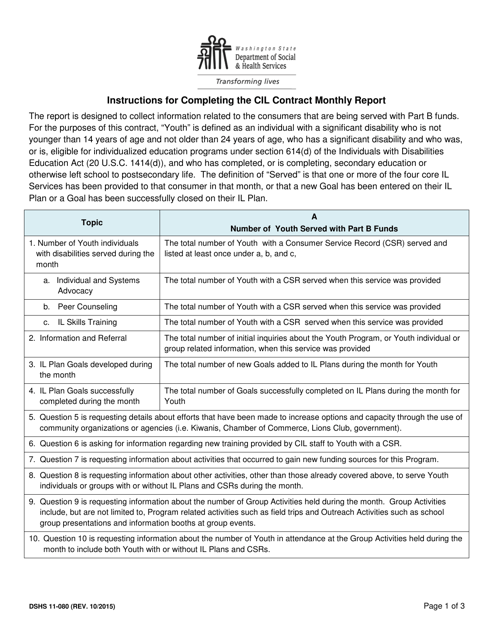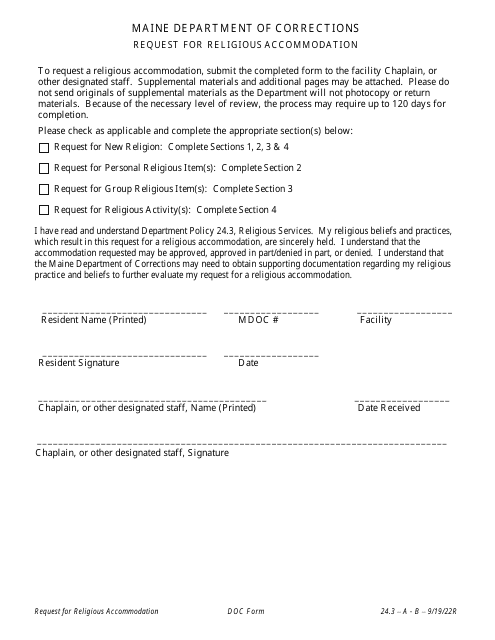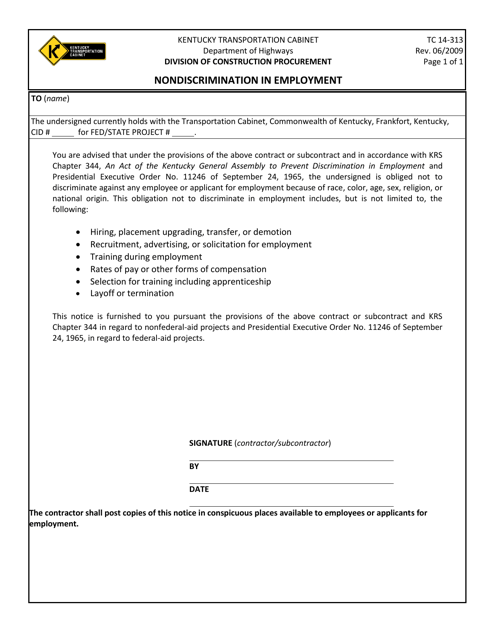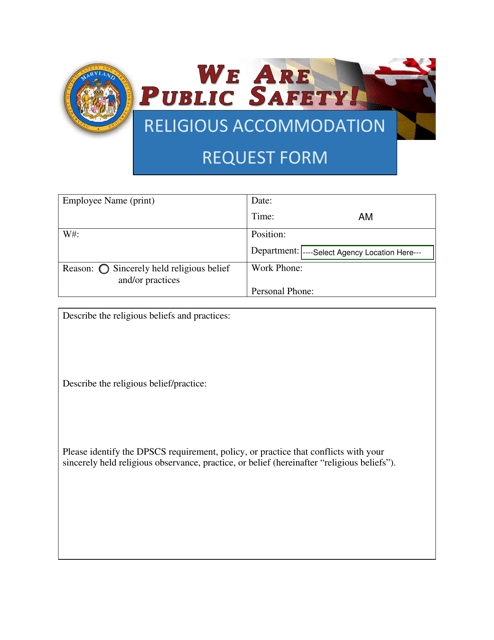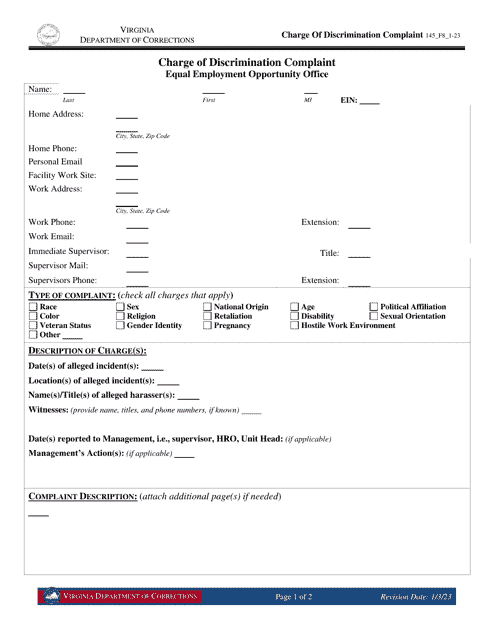Title Vii Templates
Title VII is a critical piece of legislation that prohibits employment discrimination based on race, color, national origin, sex, and religion. This landmark law, also known as Title VII of the Civil Rights Act, ensures equal opportunity and fair treatment for all individuals in the workplace.
Employers are required to adhere to Title VII regulations and provide a workplace that is free from any form of discrimination. This means that employers cannot make employment decisions, such as hiring, promoting, or firing, based on an employee's race, color, national origin, sex, or religion.
Title VII also protects employees from retaliation if they assert their rights or participate in investigations related to discrimination claims. It provides a mechanism for employees who believe they have been subjected to discrimination to file complaints with the appropriate authorities.
To promote compliance with Title VII, employers are often required to display a Civil Rights Non-discrimination Notice Form that informs employees of their rights and the steps they can take if they believe their rights have been violated.
Additionally, employers may need to accommodate employees' religious practices as per Title VII guidelines. This may involve granting reasonable requests for religious accommodation to ensure that employees can practice their faith while still fulfilling their job responsibilities.
Different states may have their own specific forms and processes related to Title VII compliance. For example, in Maine, employers may need to use a Request for Religious Accommodation form. In Kentucky, there is a specific Form TC14-313 for businesses to demonstrate their commitment to nondiscrimination in employment. Maryland provides a Religious Accommodation Request Form, while Virginia has a Form 8 Charge of Discrimination Complaint for employees to file their complaints.
Overall, Title VII is a vital piece of legislation that promotes equality and fairness in the workplace. It ensures that all individuals have an equal opportunity to succeed and thrive, regardless of their race, color, national origin, sex, or religion. Employers must understand and comply with Title VII to create a work environment that is inclusive and free from discrimination for all employees.
Documents:
8
This document is used to file a complaint regarding civil rights violations in the state of Minnesota. It provides a formal process for individuals to report discriminatory practices and seek resolution.
This form is used to provide information about rights and protections against discrimination in various areas such as employment, housing, and public accommodations. It serves as a notice to inform individuals about their civil rights and the process for filing complaints if they encounter any form of discrimination. The form typically includes contact information for the relevant civil rights agency and provides instructions on how to file a complaint.
This form is used for Centers for Independent Living (CILs) in Washington to report on their annual contract with Title VII, Part B. It provides information on the activities and services provided by the CILs.
DSHS Form 11-080 Centers for Independent Living (Cils) Title VII, Part B Monthly Report - Washington
This document is a monthly report used by Centers for Independent Living in Washington to report their activities and expenses under Title VII, Part B.
This form is used for reporting employment discrimination cases in the state of Kentucky.
This Form is used for requesting religious accommodations in the state of Maryland.

